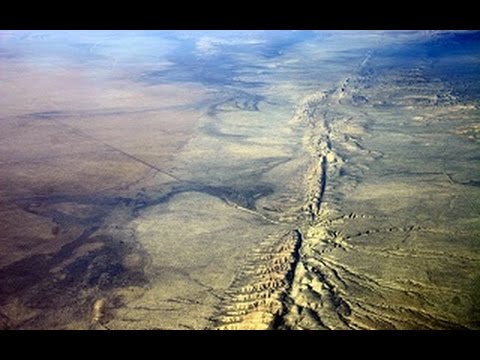THE FAULT LINES THREATENING MIDDLE AMERICA AND THE PACIFIC NORTHWEST
If you’re afraid of earthquakes, you probably try to avoid California.
Here’s some bad news: Plenty of other places in America could have their own version of “The Big One.”
In fact, one of America’s most dangerous earthquake zones … is in the middle of the country.
The New Madrid Seismic Zone touches parts of Arkansas, Kentucky, Missouri, and Tennessee.i
In the winter of 1811-1812, the region experienced three earthquakes estimated to be between 7 – 8 magnitude.ii
One of them was so severe that it temporarily caused the Mississippi River to flow backwards.iii
While it’s difficult to predict future earthquakes in the region, scientists estimate a 25-40% chance of a 6.0+ quake from the New Madrid in the next 50 years.iv
The New Madrid, however, pales in comparison to the Cascadia Subduction.
Running from Northern California to Vancouver Island, the Cascadia Subduction poses the threat of an earthquake so severe that it’d entirely reshape life in the Pacific Northwest.
The Cascadia Subduction has the potential to generate an earthquake 30 times more powerful than California’s more famous San Andreas Fault — which would bring with it massive tsunamis.v
A FEMA official in the region has said that, in the worst-case scenario … “Our operating assumption is that everything west of Interstate 5 will be toast.”vi
Given that recent years have seen (more modest) quakes in places like Washington D.C. and New York Cityvii … is there any place in America that’s earthquake-free?
According to the U.S. Geological Survey, the two states with the fewest earthquakes are North Dakota and Florida.viii
WHAT YOU NEED TO KNOW:
- A 19th century earthquake along the New Madrid Fault was so severe it temporarily caused the Mississippi River to flow backwards.
- The Cascadia Subduction in the Pacific Northwest is capable of generating an earthquake 30 times more powerful than the San Andreas Fault.
- North Dakota and Florida are the states with the fewest numbers of earthquakes.
